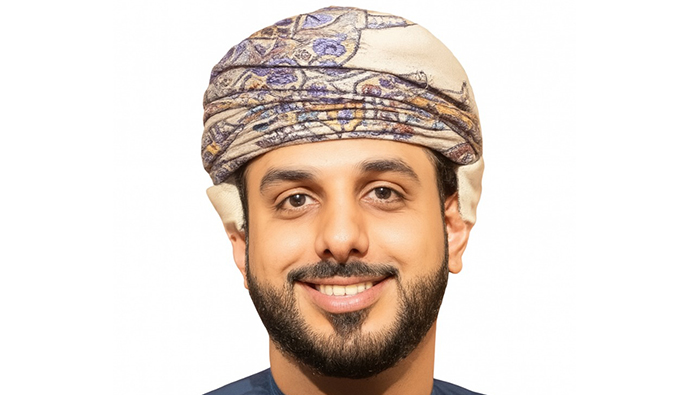
Muscat: The first company specializing in health insurance claims management “Green Line Health Insurance Claims Management Company” was established on Sunday.
It is the first Omani company licensed for this activity, supported by a national vision consistent with the directives of Oman Vision 2040, aiming to provide services with global standards using the latest technologies, and to enhance and empower national competencies to undertake a key role in this new field.
The move comes amid accelerating growth in the health insurance sector and the increasing need for smart solutions to enhance the efficiency of medical services.
Faisal Hamad Al Rashdi, Co-founder and CEO of Green Line Insurance Services, stated that, due to his long experience in the health insurance sector, he observed the operational challenges facing this sector, whether at the level of insurance companies, healthcare providers, or even policyholders.
Given a clear gap in claims management, Al Rashdi decided to establish this company, especially with the Financial Services Authority (FSA) announcing the opening for applications to practice health insurance claims management as an independent and regulated activity. This presented a national opportunity to establish a specialized local company that contributes to building this vital sector.
He explained that the market lacked a specialised company in health insurance claims management, with a greater reliance on foreign companies managing operations from outside Oman. This affected the speed and quality of services, in addition to the possibility of health data – which is highly sensitive – being leaked through external systems. The Financial Services Authority had taken the initiative to issue clear legislation to ensure the protection of this data within Oman.
He noted that the company represents a reliable source managed by national competencies, meeting market needs through its proximity to clients, which directly reflects on work quality and the speed of transaction completion.
Regarding the market's reception of this project, Faisal Al Rashdi affirmed that it is natural for any sector to face some challenges when entering a phase of change, especially when there are long-standing working relationships between the market and external parties that have managed this activity for decades. However, he stressed the necessity of redoubling efforts to build trust and confirm readiness to provide high-standard services that meet the needs and aspirations of target groups, in addition to full compliance with national regulations.
As for the project's nature, he mentioned that the company offers a comprehensive package of services in health insurance claims management that meets international standards. These include accurate and prompt medical claims management, medical and administrative verification using smart systems to detect duplication and errors, as a step towards time management. It also covers medical network management, from contracting with hospitals and clinics to ensuring the quality of service provided to policyholders, in addition to data analysis and smart reporting that helps insurance companies make decisions based on accurate data.
He emphasised that the company relies heavily on digital solutions and modern technologies, including artificial intelligence, for faster data analysis and the automation of routine operations using robotic process automation (RPA), which reduces manual errors and saves time and effort. Furthermore, it is fully integrated with the national platform developed by the Financial Services Authority ("Dhamani" platform), which has been approved for fully electronic operations.
He clarified that the company handles data confidentially, storing client data on company-owned servers only, without relying on external servers, to ensure complete control over information security. It applies best cybersecurity standards, such as advanced data encryption during transmission and storage, firewalls, and intrusion detection and prevention systems. Additionally, access permissions are granted on a limited and well-considered basis according to the employees' job roles, along with adherence to all local and international laws and regulations related to data protection and periodic reviews to ensure continuous compliance.